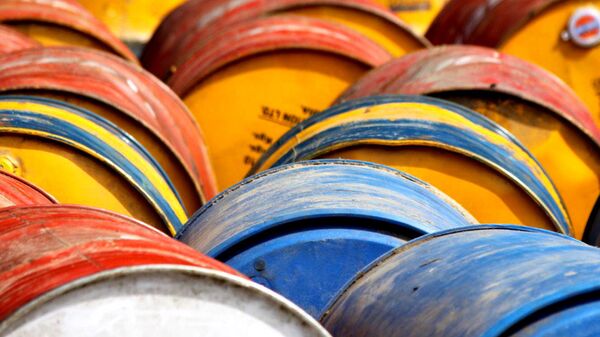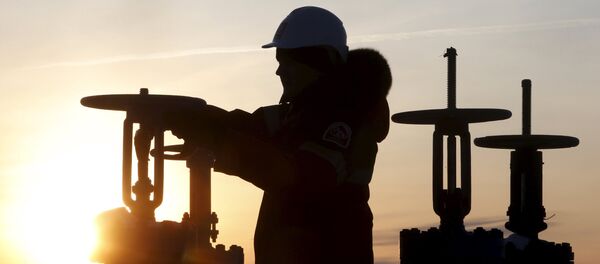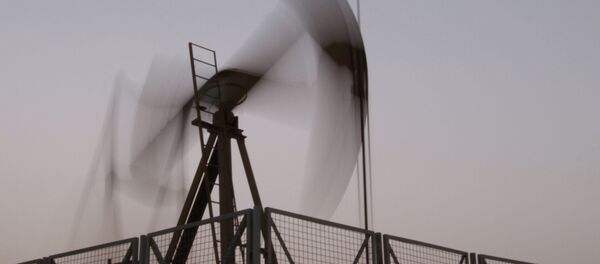"Boko Haram is expanding, because the Nigerian government lacks money for a serious backlash," the newspaper wrote, adding that the insufficient funding is related to the falling prices for oil, which is the most important source of income for the oil-producing country.
According to the newspaper, the drop in oil prices seriously affects the global security and contributes to increasing violence.
"The oil prices are falling, the level of violence is increasing — a formula that relates not only to Nigeria, but also to many other oil-producing countries," Die Welt wrote.
The article stated that falling oil prices more or less affect all oil producing countries. In Venezuela riots and protests broke out after the government raised the price of gasoline fearing bankruptcy, while Mexico starts to have problems with financing the expensive fight against drug cartels.
However, the drop in oil prices is especially dangerous fort the Middle East, where countries use their oil revenues to finance the fight against terrorist groups like Daesh.
"Cheap oil makes the planet more dangerous," the article stated and stressed that Nigeria needs oil at $120 a barrel, Venezuela — $125, Mexico — about $80 to keep their budgets at the balanced level.
"Affected countries often try to compensate lost income and decide to raise taxes, thereby aggravating the situation even more. It's a vicious circle," the newspaper wrote.
"The price is too low, but there is a glimmer of hope," the article said.
From the authors' point of view, there will be no rise in oil prices above $80 in the near future despite certain initiatives aimed at increasing the prices, including the willingness of Russia and Saudi Arabia to freeze oil production at a certain level.
In mid-February, the energy ministers of Russia, Saudi Arabia, Qatar and Venezuela held talks on the current oil market situation in the Qatari capital of Doha and agreed to freeze oil production at January levels throughout 2016 if other countries followed suit.




